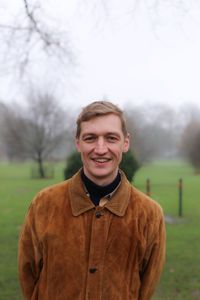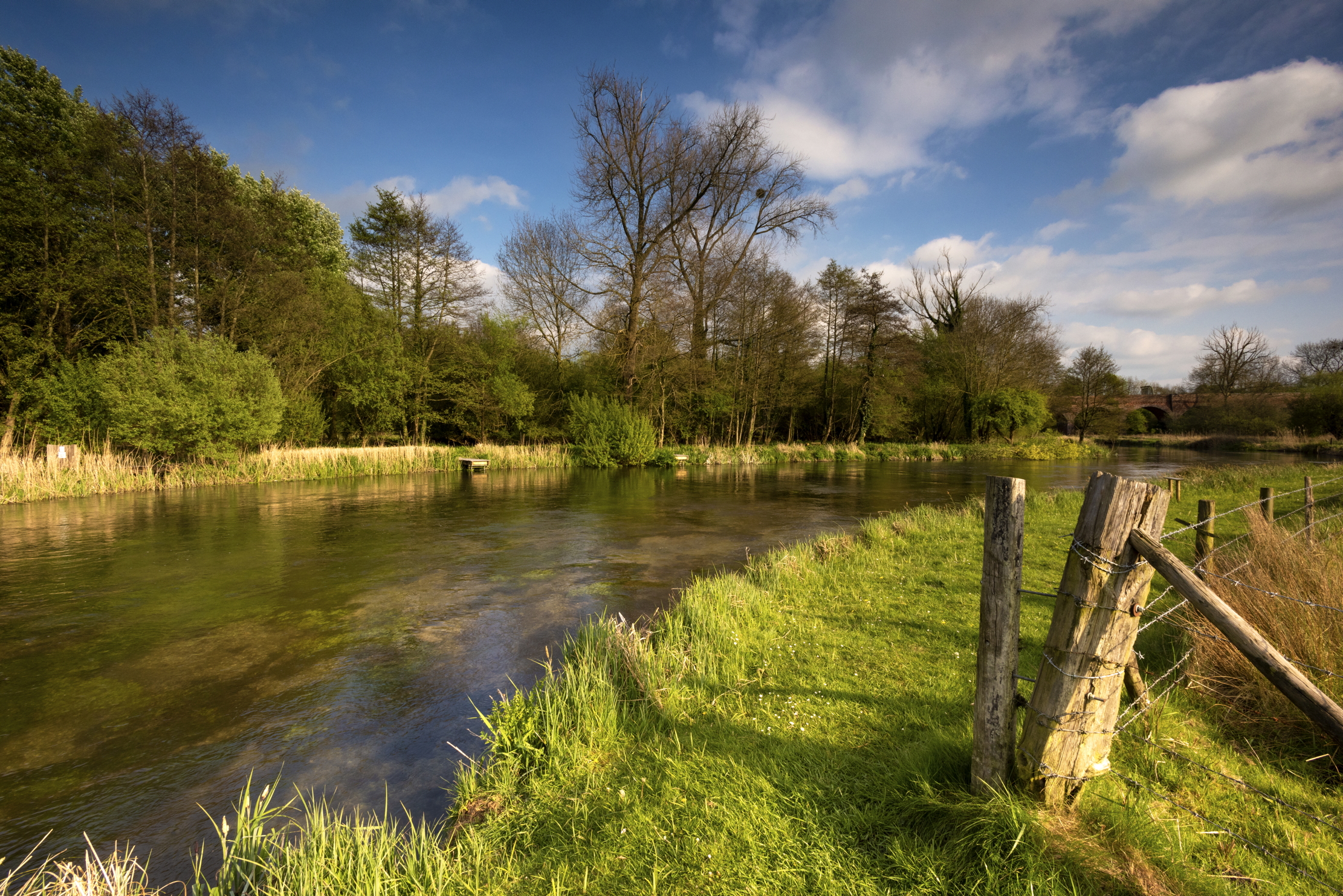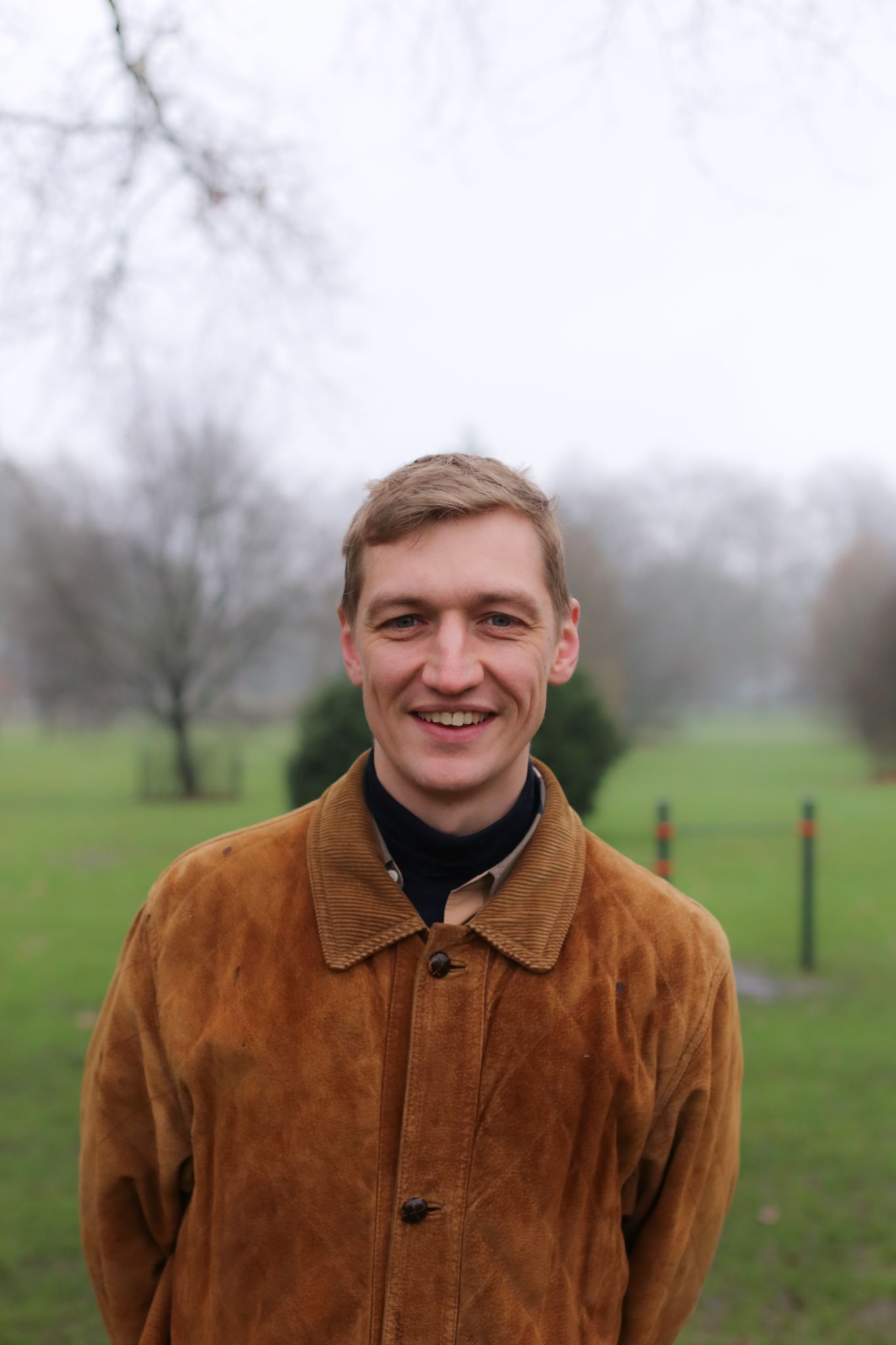Patrick Galbraith: 'The Itchen is a place of such pastoral beauty that it’s almost too much to take in'
Patrick realises that often, it's the journey, and not the destination, that is most important.


After a few mini-rugby sessions, it was decided it was best that I no longer attend. I wasn’t having an unhappy time — quite the opposite. I’d join in for five minutes or so before heading off into my own space cheerfully to twirl my little arms around like a windmill. Churlishly, the coach told my mother that, if I wasn’t going to get involved, I should stay at home and windmill my arms there. I never did become good at rugby, but, except when there was a foot of snow on the ground or the big oddballs from Gordonstoun came to play us, I quite enjoyed it.
Last month, I was standing next to that fabled chalkstream, the Itchen, with the Editor of this magazine on a long-promised invitation to fish on his trout syndicate. The trout weren’t playing ball, however. You could see them there, drifting happily in the clear water, but it was as if they had no real desire to feed. I’d cast out to one of them and they’d gaze up at the fly nonchalantly.
Mark seemed vaguely frustrated by their listlessness, but I was having the time of my life. The Itchen is a place of such pastoral beauty that it’s almost too much to take in: the iridescent kingfisher, the water meadows, the little fishing hut, the swan and her cygnets and the mayflies floating on the surface like confetti.
As we headed upstream, a smartly turned-out gent coming the other way had a quiet word with my companion. There were fish rising further up and he thought it only right he share ‘the rise’. He’d also noted that I was casting improperly. I should have, in accordance with chalkstream lore, been casting elegantly upstream before allowing the fly to float down. What I was doing instead, apparently, was wanging it downstream in an ugly way before stripping it back. It’s almost enough, I’ve since learned, to have you barred from the Flyfishers’ Club in Mayfair (The legacy, June 5).
When it comes to fishing, I’m a scrappy autodidact. As a teenager, I’d go down to the local river with two bottles of beer and a packet of Marlboro Lights, then make it up as I went along. Sometimes I caught sea trout and sometimes salmon, but most of the time I stood there, at dusk, having a great time and catching nothing at all. I asked Mark what he’d said in response.
‘I told him nobody’s perfect,’ he replied with a smile.
People often want to be good at everything straight away and then they hang up their boots in frustration if they can’t master things. Like Veruca Salt, we ‘want it now’. We want to take up eventing tomorrow and win Badminton next month. One of the best qualities, however, is to enjoy things such as fishing even when we know we’re really bad at them.
Exquisite houses, the beauty of Nature, and how to get the most from your life, straight to your inbox.
It’s satisfying to set off on a journey of improvement: I’ve been putting real time into my shooting for the past five years and it’s starting to pay off, but it hasn’t simply happened. We’re talking lessons, getting a gun that actually fits and shooting more clay pigeons than I care to remember. Regrettably, I don’t have the time or the inclination to work on my fishing in the same way.
About six months ago, I joined my local south London boxing gym. I haven’t yet wandered out of the ring to windmill my arms around (a good thing), and I don’t think the regulars such as Ebenezer or Gabriel reckon I’m going to be competing for any cruiserweight belts soon, but who cares? Other than when that big Polish guy smacks me in the ribs, I’m having an excellent time.
Patrick Galbraith is an author, journalist, former editor of Shooting Times, and a regular contributor to Country Life.
